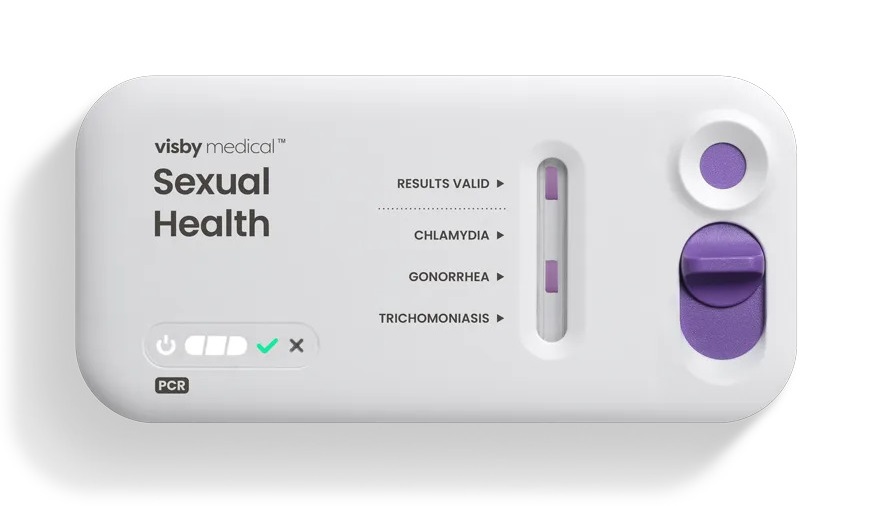POC STI Test Shortens Time from ED Arrival to Test Results
Posted on 04 Jun 2024
In a 2024 sexually transmitted infections (STIs) surveillance report by the World Health Organization (WHO), over 2.5 million cases were recorded, alongside a rise in the inappropriate use of antibiotics to treat these STIs. This misuse has contributed to the development of antimicrobial-resistant strains of Neisseria gonorrhoeae (NG), prompting WHO to issue new guidelines for diagnosing STIs, including the use of point-of-care (POC) tests, focusing particularly on reducing antimicrobial resistance. The increasing STI rates have posed a significant challenge to hospital emergency departments, as traditional tests do not yield results quickly enough to guide treatment decisions during a patient's visit. Consequently, clinicians often must decide on treatment before obtaining definitive results, exacerbating the issue of antibiotic resistance.
Now, a new study has demonstrated that a POC polymerase chain reaction (PCR) test can reduce the time from specimen collection to STI result to just 47 minutes per patient, compared to the 25-hour average with the standard of care (SOC) lab-processed molecular send-out tests. This test also led to significantly higher rates of appropriate treatment and lower rates of antibiotic over-treatment for Chlamydia trachomatis (CT) and NG infections, relative to SOC. Conducted by Visby Medical (San Jose, CA, USA) and John Hopkins University (Baltimore, MD, USA), the study assessed a new approach to managing the three most common non-viral STIs in women, comparing two testing methods at the Johns Hopkins Emergency Department over two separate four-month study periods in 2022 and 2023.

The two methods included SOC central laboratory testing with batched nucleic acid amplification testing (NAAT) and the POC PCR Visby Medical Sexual Health Test. They were evaluated for STI detection rates, median time-to-result intervals, and rates of appropriate treatment according to CDC guidelines. The Visby Medical Sexual Health Test, an "instrument-free" POC test that delivers PCR results in under 30 minutes, is the only one of its kind available in the U.S. In March 2023, this test received 510(k) clearance and a CLIA waiver from the U.S. Food and Drug Administration for its second-generation POC test. The study found that appropriate treatment proportions were significantly higher in the POC group. Additionally, the median time intervals for the POC group were significantly shorter, including the time from specimen collection to STI results, the time from patient arrival in the emergency department to STI results, and the time from ED arrival to patient discharge.
“The dramatic improvements seen with the Visby Sexual Health test in testing time, ED visit duration, and in the use of antibiotics point the way toward a new best practice for STI testing,” said Gary Schoolnik, MD, an infectious disease expert, Chief Medical Officer at Visby Medical, and Professor of Medicine at Stanford University. “Implementation of a new rapid point-of-care testing standard of care would greatly benefit our hospitals, urgent care centers and, most importantly, women who seek treatment for this condition.”
Related Links:
Visby Medical
John Hopkins University














